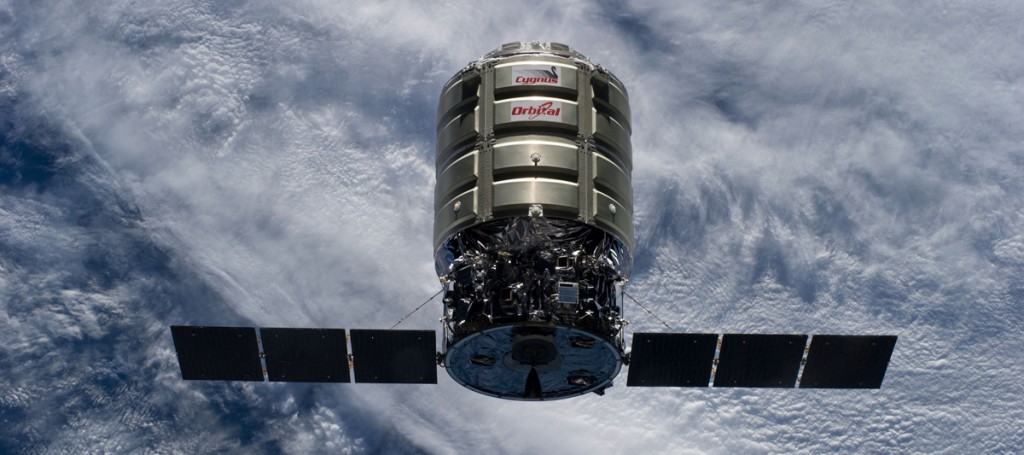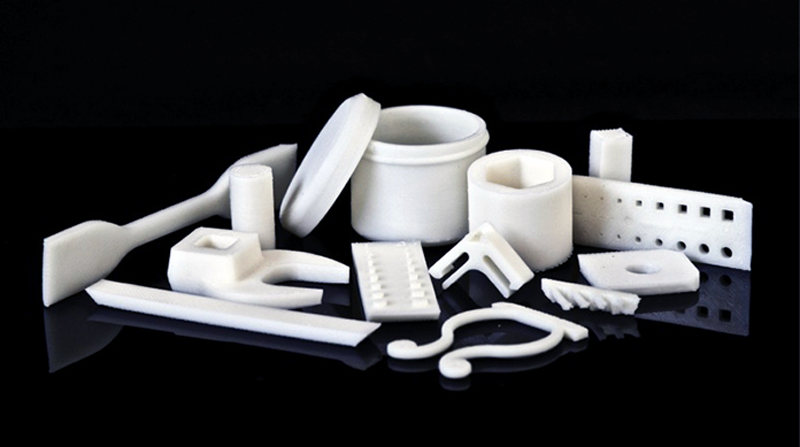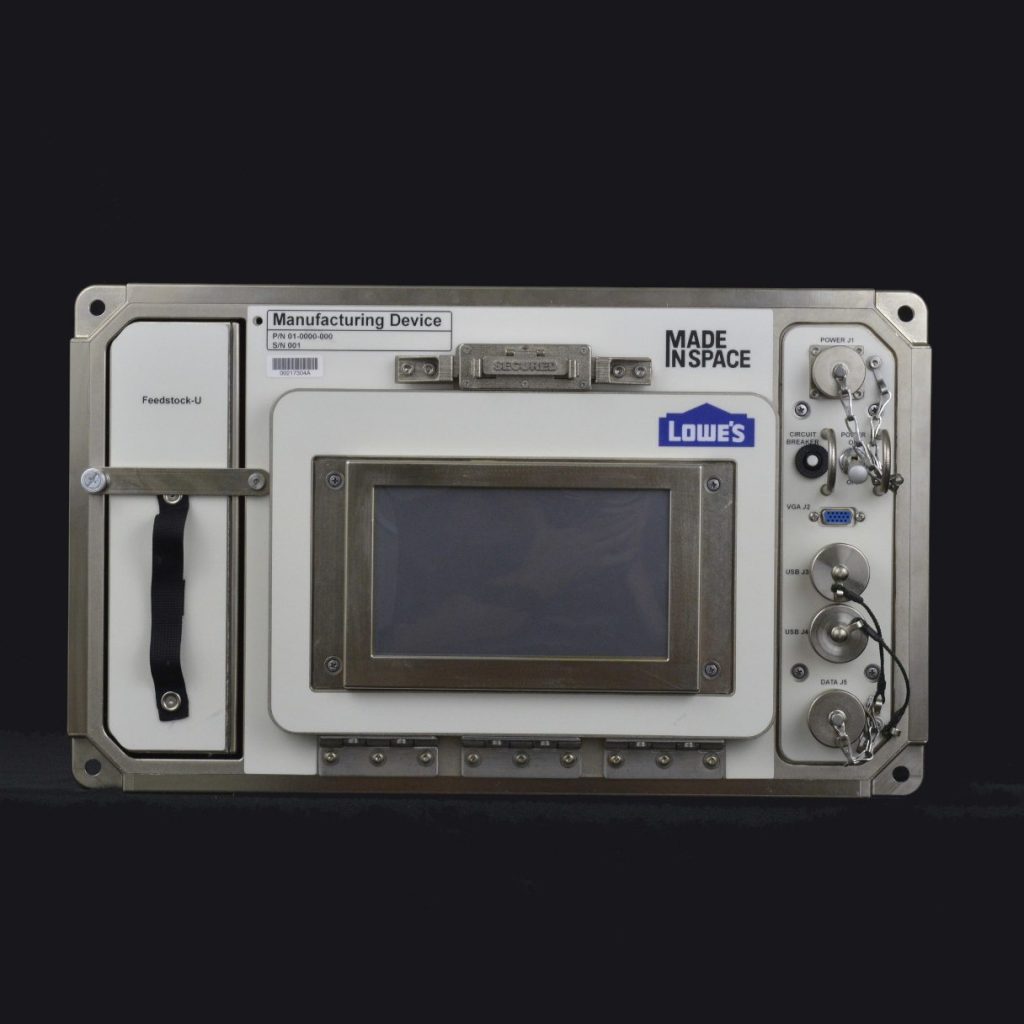The first 3D printer in space was installed at the International Space Station in November of 2014. After more than a year, isn’t it about time we send another? While taking on other important projects, such as the 3D printing of large structures in space and the airframe for the Enterprise In Space spacecraft, Made In Space has been hard at work upgrading their Zero Gravity 3D printer to be even more powerful than their last. And, now, the space startup is ready to send it to the Space Station where, not only will it be able to 3D print parts for the crew aboard, but also commercial orders as well from customers down on Terra.

The launch of the Cygnus cargo ship, which will occur tomorrow Tuesday, March 22nd at 11:05 pm EST, will see the Made In Space Additive Manufacturing Facility (AMF) head to the ISS, where it will begin 3D printing orders for over 20 customers already secured by Made In Space. Spencer Pitman, head of product strategy at Made in Space, explains to TechCrunch that, among these orders, are medical research components, parts for satellites and other spacecraft, and even parts for high school projects and design contests. Pitman tells TechCrunch, “We will even be printing a 3D printable exercise device for Autodesk and wrenches for Lowe’s.” And let’s not forget the 3D printed laughter that will be floating out of the ISS hatch sometime this year.
The Additive Manufacturing Facility (AMF) is actually a Lowe’s-branded system, through Lowe’s Innovation Labs. Controlled remotely from Made In Space headquarters in the NASA Ames Research Park, the AMF has multi-material functionality, with Pitman saying that it can 3D print with 30 different materials. Made In Space President Andrew Rush mentioned in an Inside 3D Printing keynote last year that this might even include the ability to 3D print low-temperature metals, though that has not yet been confirmed. Rush also suggested that the new machine was being designed to be upgradeable so that, in the future, it wouldn’t be necessary to send an entire system up to the ISS, but just the parts required to improve the old machine.

The going rate for AMF orders is somewhere between $6,000 and $30,000, according to Pitman, though educational orders receive discounts. While this may be an intimidating price point for your typical 3D Hubs order, it’s pretty reasonable when you consider that this is the first commercial 3D printing service in space. NASA states that it costs $10,000 to send a pound of payload in Earth orbit. This endeavor, along with Made In Space’s Archinaut project for 3D printing large-scale structures in space, is designed to enable manufacturing in space itself, to lighten the load for rockets on Earth. In addition to 3D printing parts for customers on Earth, however, the AMF could allow members of the ISS to replace and repair broken components, without the wait and cost associated with sending new items aboard a cargo ship.
If you’re looking to 3D print your own goodies aboard the ISS, Made In Space has a “Print Request Form” that you can fill out here. At the moment, it sounds as though only polymers may be printed, but my fingers are crossed for metals in the future. Other relevant specs are listed below:
| Print Volume | 18cm long x 14 cm wide x 10cm tall |
| Material | ABS, HDPE, PEI/PC |
| Resolution* | 0.1 – 0.44 mm |
| Height Resolution | Down to 75 micron layer height |
| Maximum Wall Thickness | 1 mm |
| Overhangs | Up to 3 inches |
| Threaded holes | >M10 |
Stay tuned for the launch tomorrow! It’s going to be an important one. Not only will the ISS receive the first commercial 3D printer in space, but NASA will also be setting the Cygnus on fire! Not as part of a funeral for space vikings, but as a part of the Saffire experiment to study the way that fire spreads across a vehicle in space. You can learn a bit more about that in the video below:



